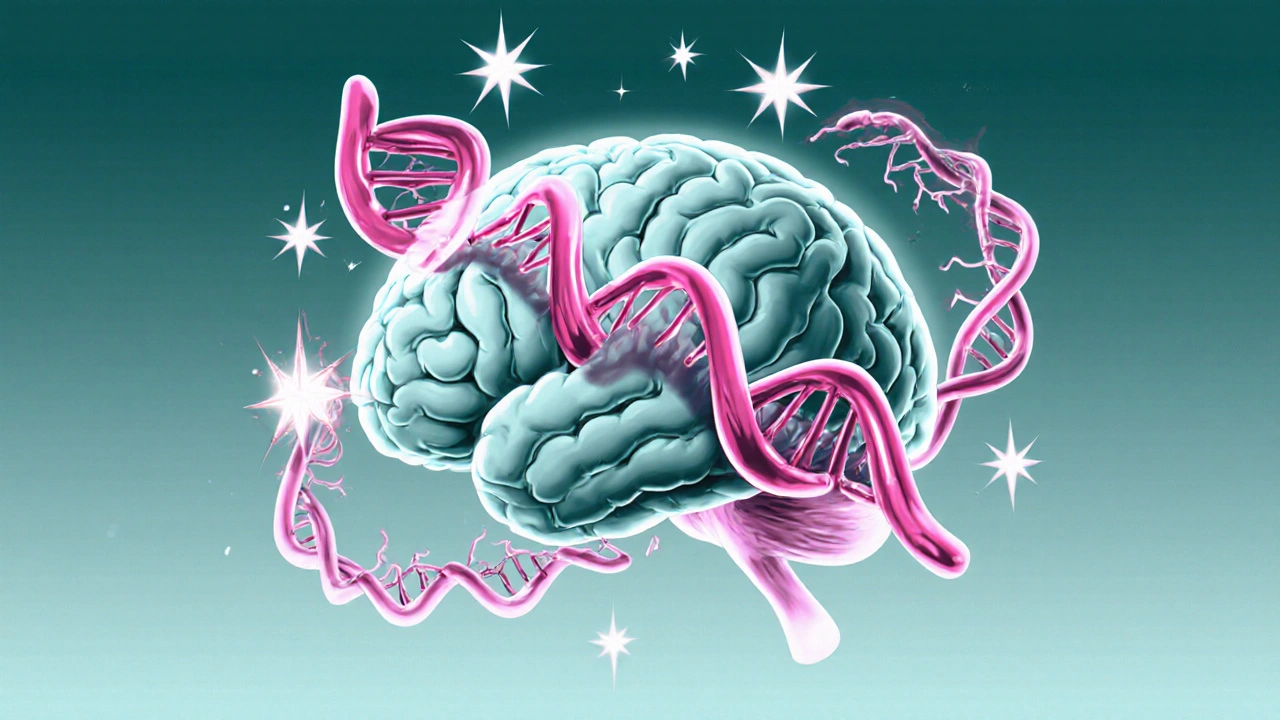Explore the latest on how genetics influences seizure disorders, key genes, testing options, treatment impact, and practical steps for patients and families.
Epilepsy Genetics: How Inherited Factors Influence Seizure Risk and Treatment
When we talk about epilepsy genetics, the study of how inherited DNA changes contribute to seizure disorders. Also known as genetic epilepsy, it’s not just about family history—it’s about specific mutations that can turn a brain’s electrical activity unstable. Unlike some forms of epilepsy triggered by head injuries or infections, genetic epilepsy starts from inside your DNA, often long before the first seizure.
Some of the most studied genes linked to epilepsy include SCN1A, a gene that controls sodium channels in brain cells. When this gene mutates, it can cause Dravet syndrome, a severe form of epilepsy that begins in infancy. Then there’s LGI1, a gene tied to a type of focal epilepsy that often shows up in adults. And don’t forget CDKL5, a gene linked to early-onset seizures and developmental delays. These aren’t just names in a lab—they’re real triggers behind why some kids or adults have seizures no matter how well they avoid triggers like sleep loss or flashing lights.
What’s powerful about understanding epilepsy genetics is that it changes how we treat. If a child has a known SCN1A mutation, doctors might avoid certain seizure meds that could make things worse. Genetic testing isn’t for everyone, but for families with multiple relatives having seizures, or kids with epilepsy that doesn’t respond to standard drugs, it can be a game-changer. It also helps predict if future children might be at risk, so parents can make informed choices.
And while most cases of epilepsy aren’t purely genetic, having a close relative with seizures does raise your risk—especially if that relative had seizures starting young. The connection isn’t always obvious, but patterns show up in families: unexplained seizures in siblings, relatives with similar seizure types, or even a mix of epilepsy and other neurological issues like autism or movement disorders. These clusters aren’t coincidence—they’re clues.
What you’ll find in the posts below isn’t just theory. You’ll see real comparisons, patient stories, and science-backed insights on how genetics shapes diagnosis, treatment choices, and long-term outcomes. Whether you’re a parent, a patient, or just trying to understand why epilepsy runs in your family, these articles cut through the noise and give you what actually matters.

